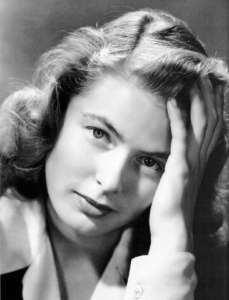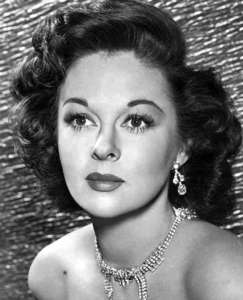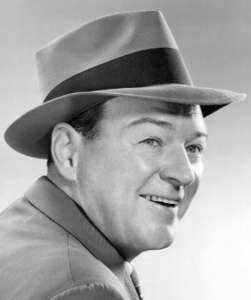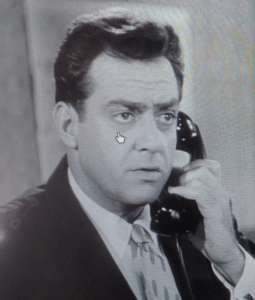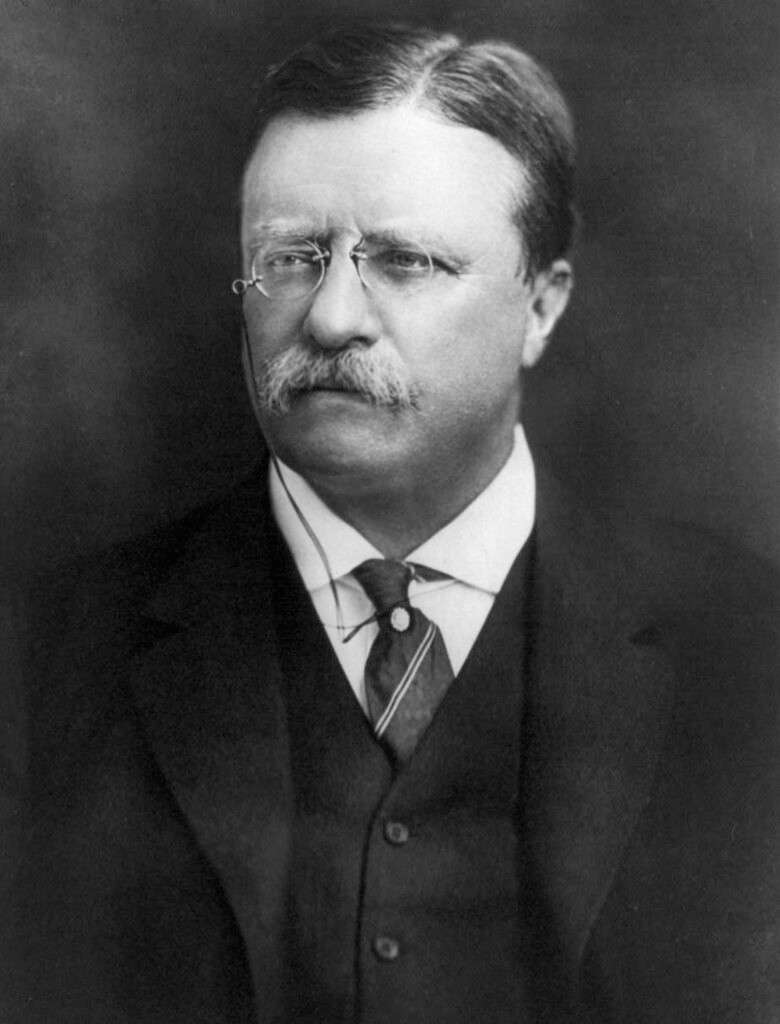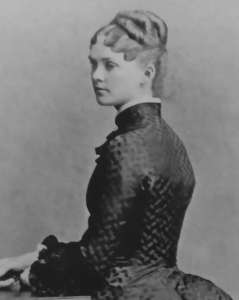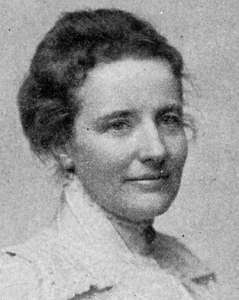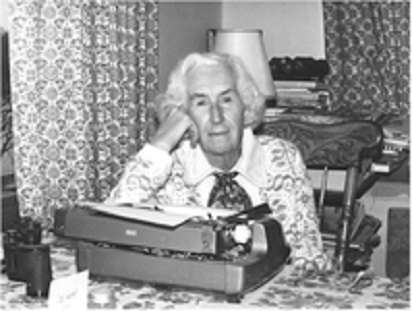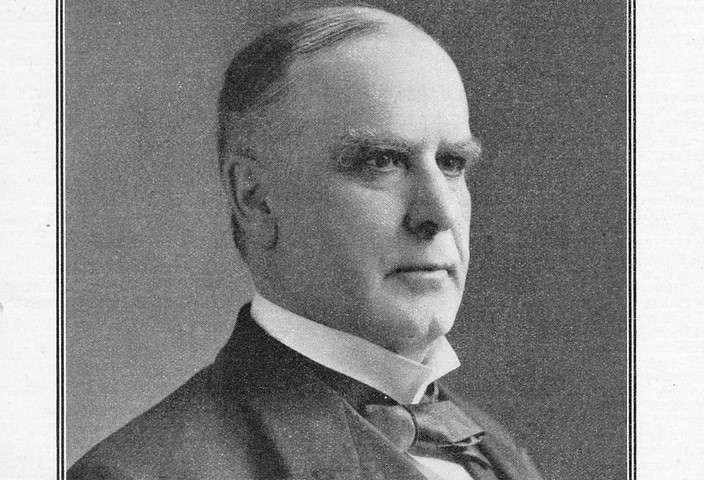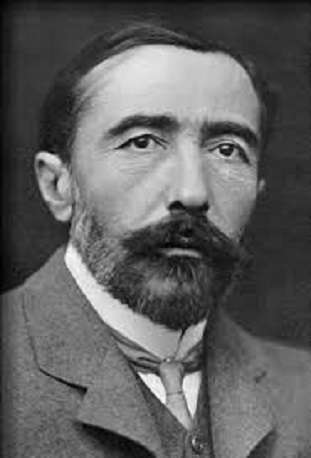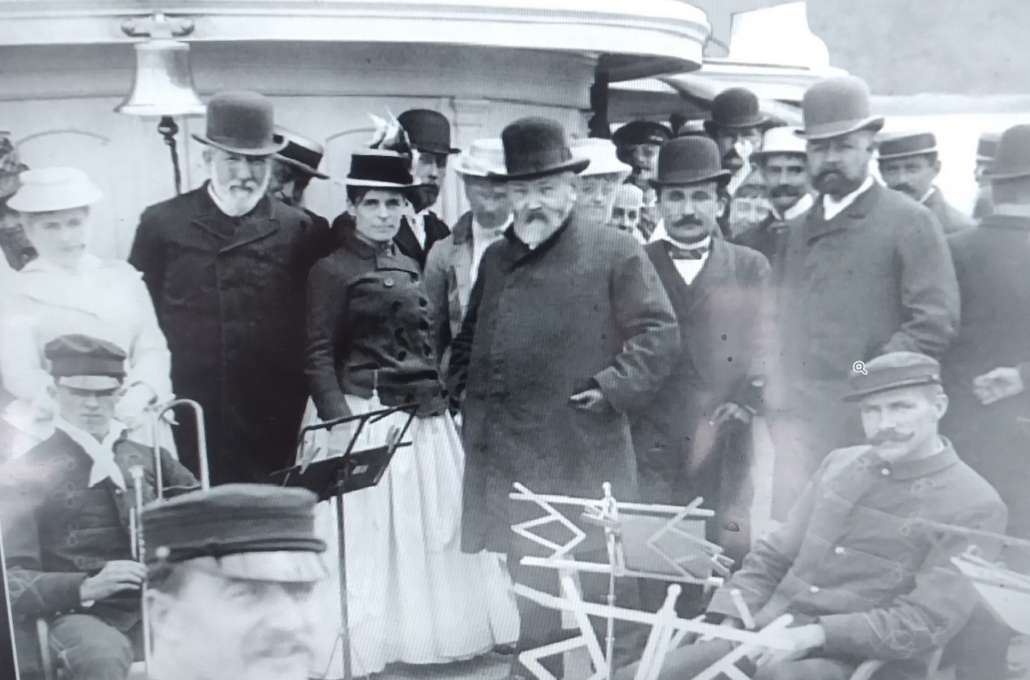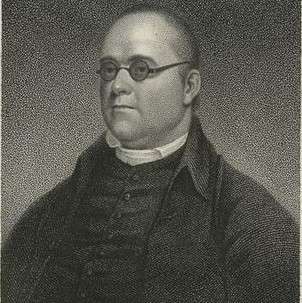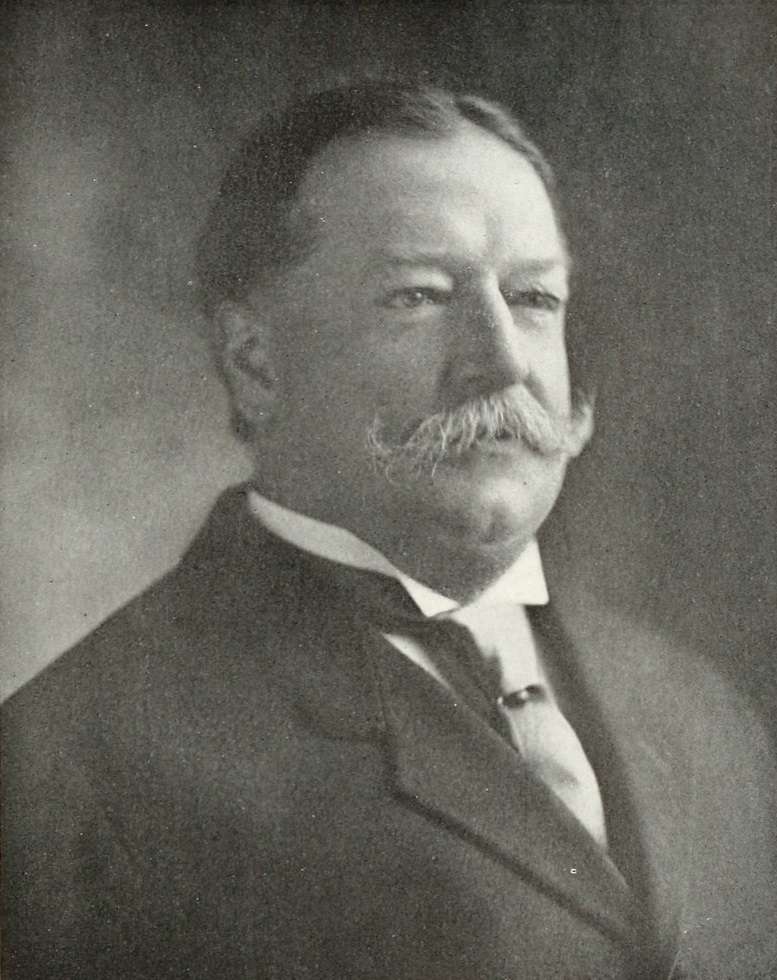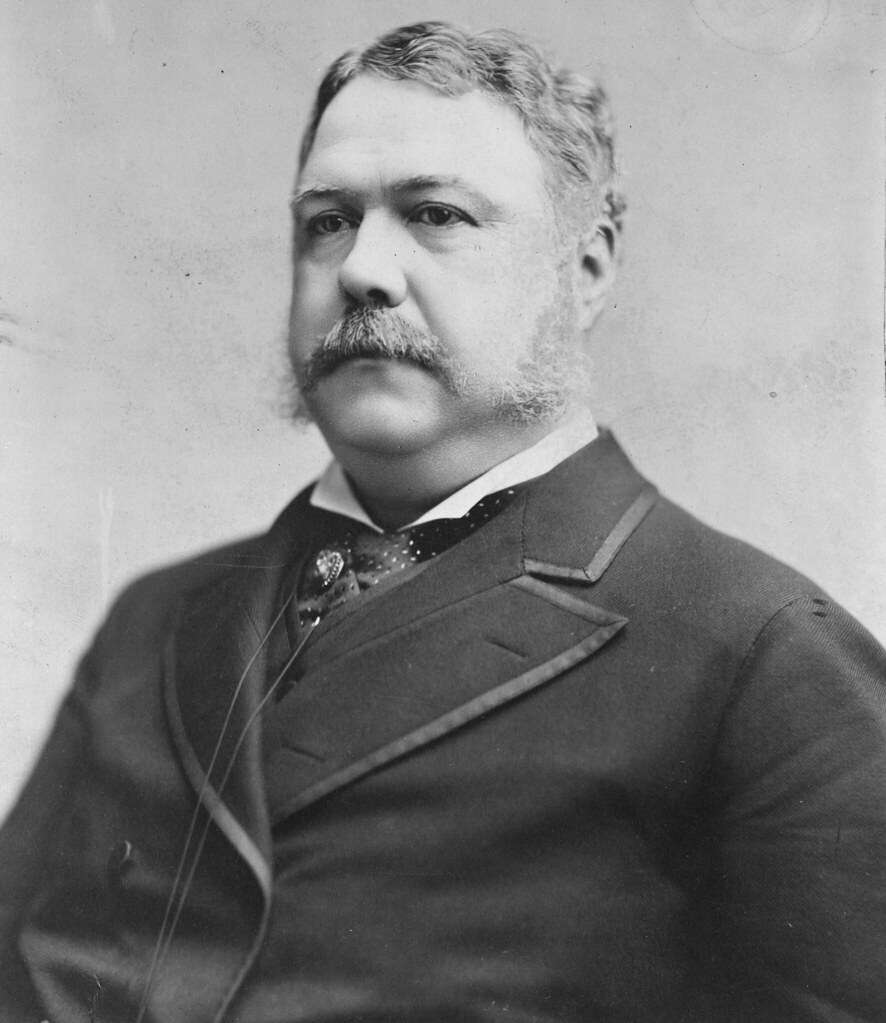REVIEW POTPOURRI: A few vintage films

 by Peter Cates
by Peter Cates
Adam Had Four Sons
Amazon Prime has a large array of vintage films that I have been lately bingeing on and I recently viewed a few choice ones:
1941’s Adam Had Four Sons starred Ingrid Bergman (1915-1982), Warner Baxter (1888-1951), Fay Wray (1907-2004), Richard Denning (1914-1998), and Susan Hayward (1917-1975).
The story begins during the early 1900s and ends just after the end of World War I, depicting the lives of a wealthy stockbroker Adam Stoddard (portrayed with professionally honed suavity by Warner Baxter), his ailing and very nurturing wife (Fay Wray, best known as the young woman in a night dress being carried by King Kong in his hand as he clambers up the Empire State Building in the 1933 film classic), and their four sons from when they are young boys to full adulthood and military service in 1917-18 France.
Richard Denning, who was perhaps best known for the 1950s TV show Michael Shayne, portrayed the eldest son Jack with commendable skill; fans of Jack Lord’s Hawaii Five-O may remember his calming authoritative presence as the governor for the first few seasons.
A central presence was Ingrid Bergmann as the governess. She was captivating but I found her much more so with Humphrey Bogart in the following year’s Casablanca and in 1947’s Bells of Saint Mary’s with Bing Crosby.
The venomous character in the film was the gold digger Hester who charms one of the younger brothers into marrying her and then starts playing everyone else against each other.
A commendably entertaining love story/soap opera combination.
My Foolish Heart
1949’s My Foolish Heart has Susan Hayward portraying a much more sympathetic woman struggling with alcoholism and an unhappy marriage; we find out why with flashbacks to when she falls in love with a young officer before he goes off to World War II (and featuring the consistently reliable Dana Andrews, 1912-1992). I used to find Hayward’s characters much too abrasive but here she completely drew me into the story. Critics trashed it but the public loved it. Highly recommended.
Behind Green Lights
Two suspenseful film noirs – 1946’s Behind Green Lights is an engaging account of the chaotic activities inside a big city police station among the front desk cops, the detectives, the newspaper reporters, the morgue attendants and the ordinary citizens who drop in voluntarily or under involuntary duress.
The plot begins thickening when a driverless car jumps up on the sidewalk with a dead body inside.
William Gargan (1905-1979) portrays the police commissioner in charge of the investigation and the interrogation of a lady who was last seen in the victim’s apartment before he was thrown in the car (the lady was very convincingly and compassionately portrayed by Carole Landis (1919-1948) who very sadly committed suicide two years after the film’s release at the age of 29 by overdosing on barbiturates.)
Gargan had a successful career in movies and television until 1958 when, as a chain smoker, he contracted lung cancer and had his larynx removed; afterwards he had to speak into a voice box and became celebrated as a zealous campaigner against the perils of cigarettes for the remaining 20 years of his life.
Please Murder Me
1956’s Please Murder Me has Raymond Burr (1917-1993) as a defense attorney with a different name from the one he portrayed for nine years on CBS’s Perry Mason beginning in 1957 , only a year after this film’s release.
He defends a woman who has been charged with murdering her husband and, convinced of her innocence, gets her acquitted, only to find out she’s guilty. The client’s manipulative malevolence was very persuasively conveyed by the brilliant young Angela Lansbury (1927-2022).


